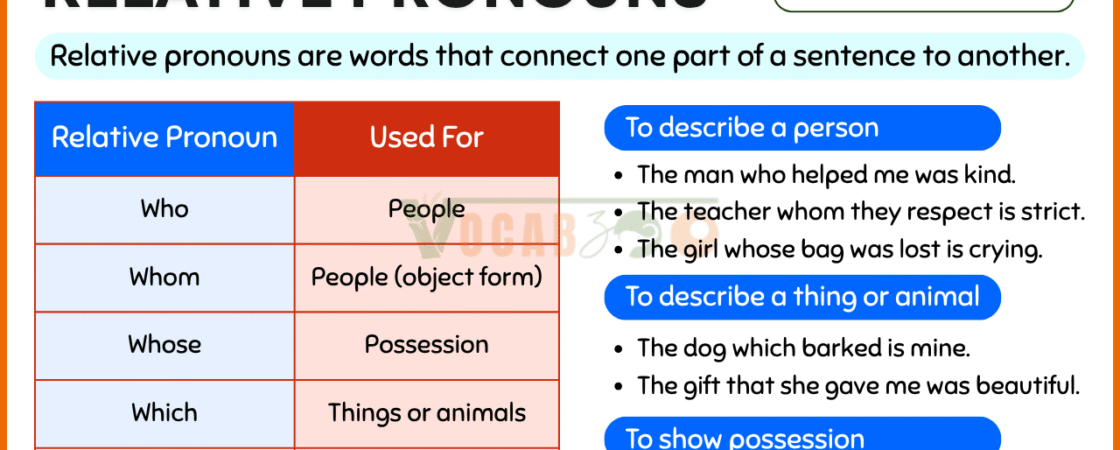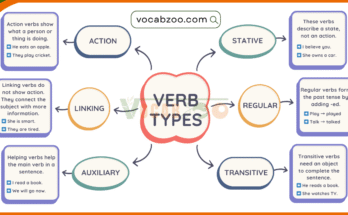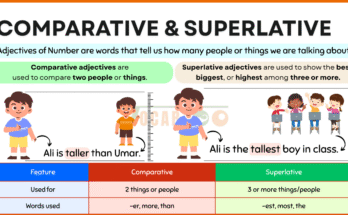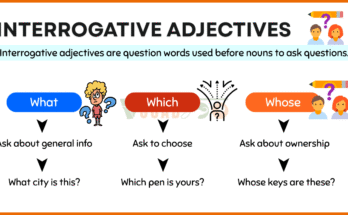Do you know how we connect two sentences without repeating the same word? We use relative pronouns to do that! These special words help us join ideas, add details, and make our English sound smooth and clear. In this blog post, you will learn what relative pronouns are, how to use them correctly, and see simple examples to understand them quickly.
You may also need to learn more Types of Pronouns in English with their easy examples.
What are Relative Pronouns?
Relative pronouns are words that connect one part of a sentence to another. They give extra information about a noun (person, place, or thing).
In easy words:
Relative Pronouns join two ideas and describe the noun in more detail.
Common Relative Pronouns
| Relative Pronoun | Used For | Example |
|---|---|---|
| Who | People | The girl who sings well is my friend. |
| Whom | People (object form) | The boy whom I met was kind. |
| Whose | Possession | That is the man whose car broke down. |
| Which | Things or animals | The book which I read is amazing. |
| That | People or things | The phone that I lost was new. |
Use of Relative Pronouns in Sentences
Let’s look at easy examples to understand better:
- The woman who lives next door is a teacher.
- The student whom I helped passed the test.
- He is the boy whose father is a doctor.
- I watched a movie which was very funny.
- This is the car that won the race.
How Relative Pronouns Are Used in Different Contexts
Relative pronouns can change a little depending on the sentence. See how:
To describe a person
- The man who helped me was kind.
- The teacher whom they respect is strict.
- The girl whose bag was lost is crying.
To describe a thing or animal
- The dog which barked is mine.
- The gift that she gave me was beautiful.
To show possession
- That’s the girl whose mother is a nurse.
When to Use Which Relative Pronoun
| Use | Relative Pronoun |
|---|---|
| For people (subject) | Who |
| For people (object) | Whom |
| For things/animals | Which, That |
| For possession | Whose |
Relative Pronouns Chart by Case
| Relative Pronoun | Used For | Function in Sentence | Example |
|---|---|---|---|
| Who | People | Subject | The man who called is my uncle. |
| Whom | People | Object | The girl whom we met was polite. |
| Whose | People/Things | Possession | That’s the boy whose pen I took. |
| Which | Things/Animals | Subject or Object | The cake which she baked was sweet. |
| That | People/Things | Subject or Object | The book that I bought is new. |
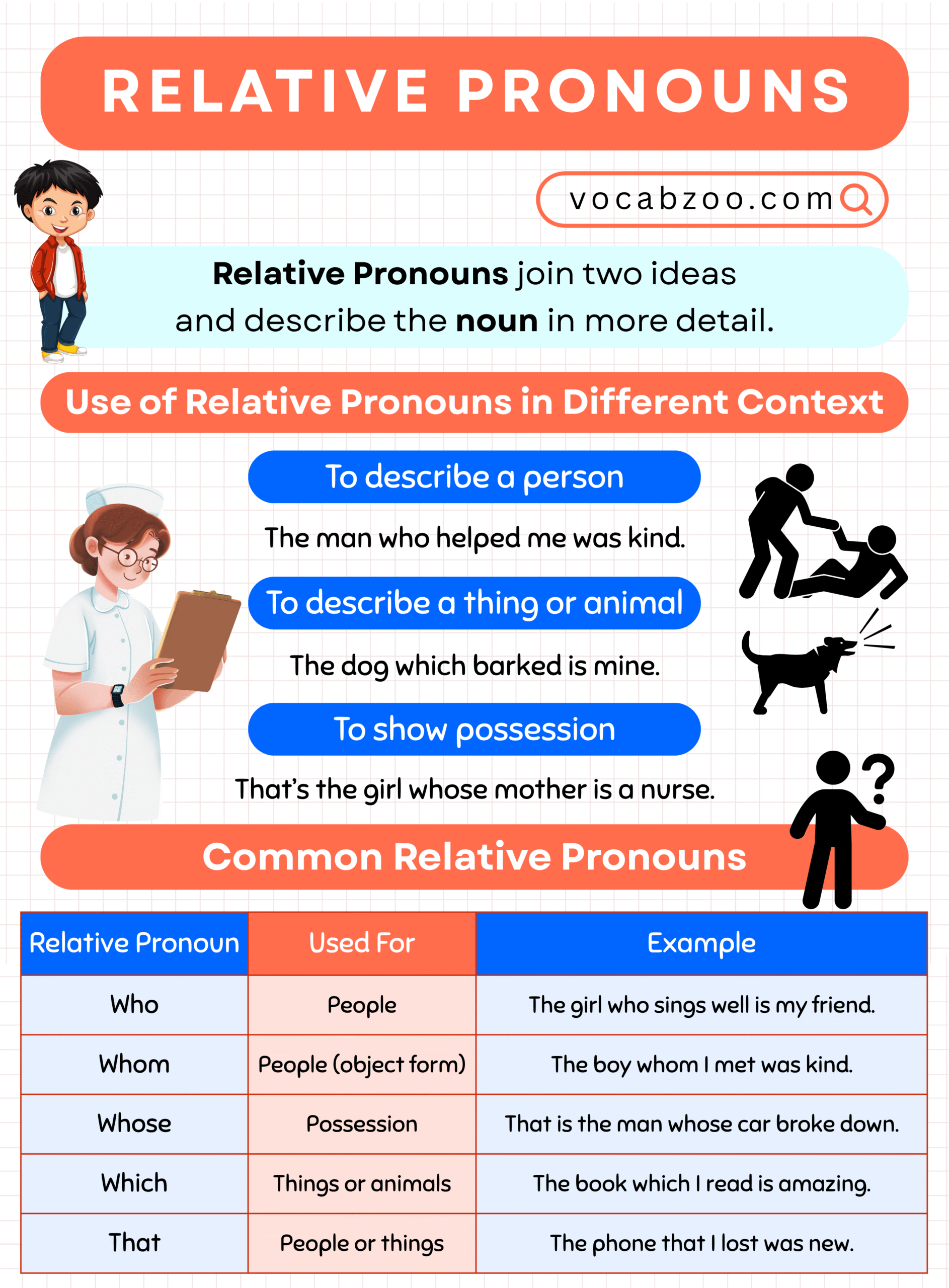
Example Sentences with The Use of Relative Pronouns
- The boy who is playing football is my cousin.
- She is the woman who helped me in the market.
- The man who owns the shop is very friendly.
- I met a girl who speaks three languages.
- He’s the student who got the highest marks.
- The teacher whom I met was very helpful.
- That’s the boy whom we saw at the library.
- The lady whom you called is my aunt.
- I don’t know the person whom they invited.
- The friend whom I trust never lies.
- The child whose toy is broken is crying.
- She is the girl whose dress was torn.
- That’s the man whose dog is barking.
- This is the house whose windows were painted.
- Do you know the boy whose phone was lost?
- I bought a shirt which was on sale.
- This is the pen which I use for writing.
- The cake which you made tastes good.
- The car which broke down is being repaired.
- We watched a movie which made us laugh.
- The mobile that I lost was expensive.
- The song that you played is my favorite.
- This is the book that helped me learn English.
- The chair that broke was very old.
- The dress that she wore was beautiful.
- The people who live next door are kind.
- He is the person whose advice I follow.
- I know a man who travels a lot.
- This is the movie which everyone loves.
- She met a boy whom her parents like.
Why Are Relative Pronouns Important?
- They connect ideas
- They avoid repeating the same words
- They make writing and speaking smooth and clear
Relative pronouns help us make better and clearer sentences in English. They give extra information, connect ideas, and make your English sound natural. Learn them with practice and use them in your daily conversations.
Read More
